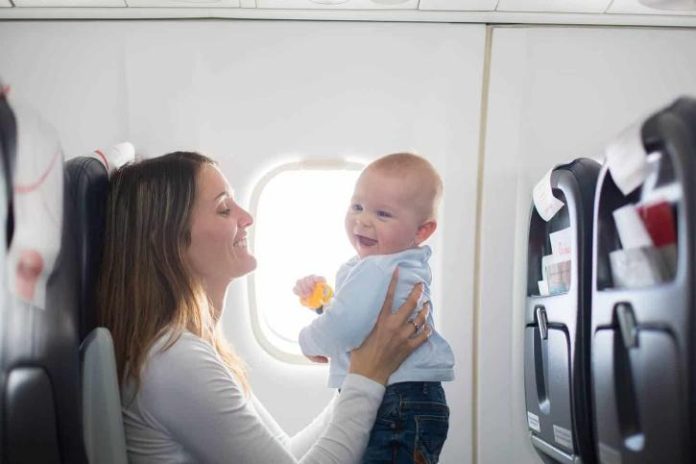Imagine being born on an Airplane, high up in the sky, with no country’s land in sight. It might sound rare and exciting, but it brings up interesting questions about citizenship. Can a baby born on a plane claim the citizenship of the country they are flying over?
What is Airborne Citizenship?
Airborne citizenship means that if a baby is born on a plane in the airspace of a certain country, they might get a special kind of citizenship connected to that country. Normally, babies get their citizenship from their parents. But if they are born on a plane flying over a country, things can get a bit more complicated.
United states Rules and Airspace
Following important rules, or agreements, help decide what citizenship a baby born on a plane gets.
The first one, from 1944, says:
“Planes have the nationality of the country they are registered in. This means a plane can’t belong to more than one country.”
The second rule, from 1961, says:
“If a baby is born on a U.S. plane flying over the United States, they will become a U.S. citizen automatically. But if the plane is outside of U.S Airspace, the baby won’t get U.S. citizenship just from being born there.”
Some countries, like the United States and Canada, follow a rule called “right of soil.” This means that if you are born on their land or in their Airspace, you become a citizen of that country. It is pretty straightforward. But there are some exceptions. Babies born at U.S. bases or embassies in foreign countries won’t get U.S. citizenship.
So, if you ever find yourself on a plane and a baby decides to make its debut in the sky, just remember that the rules of the country below might decide whether that baby gets a special “Airborne” citizenship or not.


